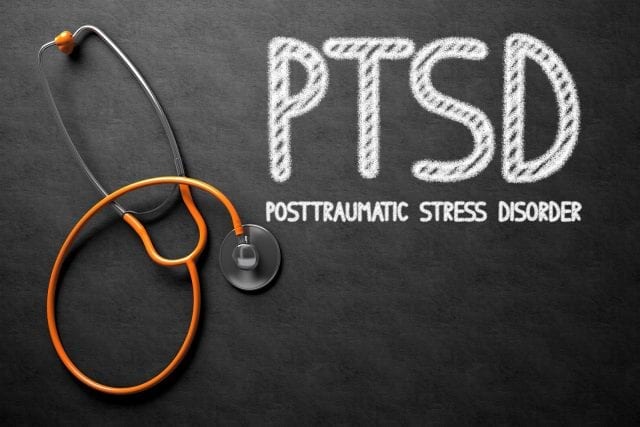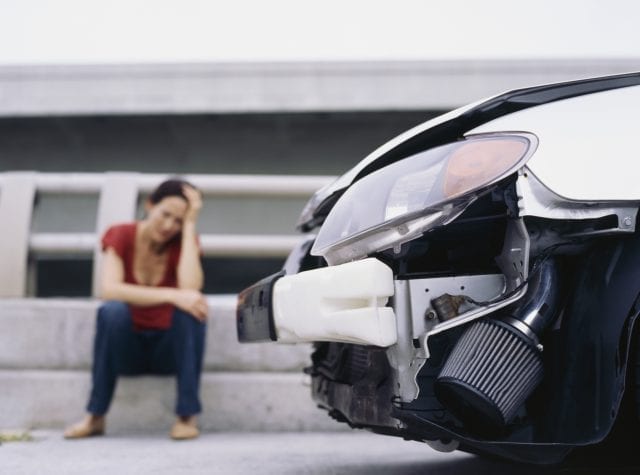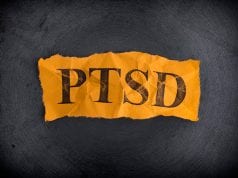
If you have been a victim in a car accident, there is a chance that you could develop a psychological condition known as post-traumatic stress disorder or PTSD. Evidence has found that approximately 9 percent of all individuals who experience car accidents suffer from PTSD. The statistics are dramatically higher for people who experienced a car accident and are seeking mental health treatment, with an average of approximately 60 percent diagnosed with PTSD.
How to Get Help
There are various types of treatment available for PTSD. One treatment approach that is beneficial is known as exposure therapy. Of course, there are other options including behavior therapy, cognitive therapy and medication see more here.
What Are the Risk Factors?
Each year approximately 3 million people are involved in motor vehicle accidents and experience injuries as a result. While motor accidents are common, it is significant to note that not all individuals experiencing car accidents develop PTSD. Various researchers are attempting to identify the risk factors linked to developing PTSD after being involved in a car accident. To date, several risk factors have been identified increasing the chance of developing PTSD, including the following:

- a family history of psychological conditions
- psychological difficulties before the car accident
- losing someone in the car accident
- determining if the accident was life-threatening
- the level of support received after the event
- the evidence of dissociation during the accident
- the person’s emotional response to the accident (helplessness, guilt, shame or horror)
What Are the Predictors Of PTSD?
Research regarding survivors of motor vehicle accidents indicates a similar picture as the studies of risk factors. Interestingly enough, these studies have not found evidence to support the influence of the car accident’s characteristics and its impact on the development of PTSD. For instance, if the driver or passenger was injured and the severity of the accident. Instead, the support for PTSD development is focused more on the person’s response or perception of the car accident.
For instance, one study indicated that the perception of one’s life being in danger was the strongest predictor of PTSD development six months after the accident occurred. Another study found that avoidance behavior, such as suppression of thoughts related to the car accident, dissociation or rumination regarding the accident was connected to PTSD development two to six months following a car accident.
It was also found that the perception of one’s life being in danger resulted in avoidance behavior, such as not driving on the highway or even getting into a car. This increases the likelihood of PTSD development dramatically. Avoidance behavior can strengthen the perception of driving being dangerous, which is a thought pattern to maintain fear responses. Avoidance of emotions and thoughts can also impact of the healthy process of emotions; thus, increasing the risk of PTSD development.
What Behavior Should Be Considered?

Car accidents are scary and traumatic events making it common to experience symptoms of PTSD. Some of these symptoms can include:
- Increased heart rate and feelings of anxiety when faced with reminders of the car accident. For example, when brakes screech or a car horn honks, a fear response may automatically be activated.
- Feeling more on edge when driving an automobile. After experiencing a car accident, it is common to become more startled or “jumpy” in a car.
- Becoming more observant. You are more than likely to scan the environment for potential threats of an accident, such as people driving too fast.
- As anxiety often follows a motor vehicle accident, avoidance is common behavior. It is natural that you would want to avoid situations or will hesitate to perform certain tasks, such as driving on the highway.

Any or all of the symptoms mentioned above can occur as part of a natural response to traumatic life events. The natural responses are the body’s way of keeping you aware of potential danger and preventing you from experiencing the same event again.
Fortunately, the symptoms tend to subside as time passes; however, you should consider them. If they become more frequent or severe and start to impact on your daily functioning, then you may be at risk of PTSD. If this happens, it is recommended that you seek professional help.








